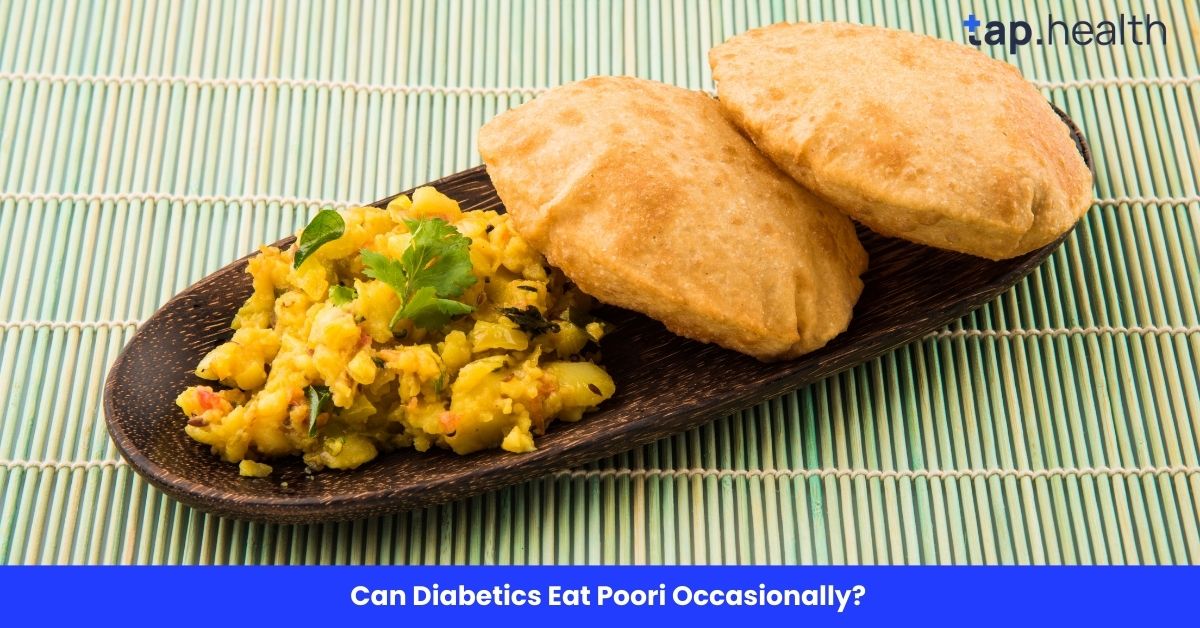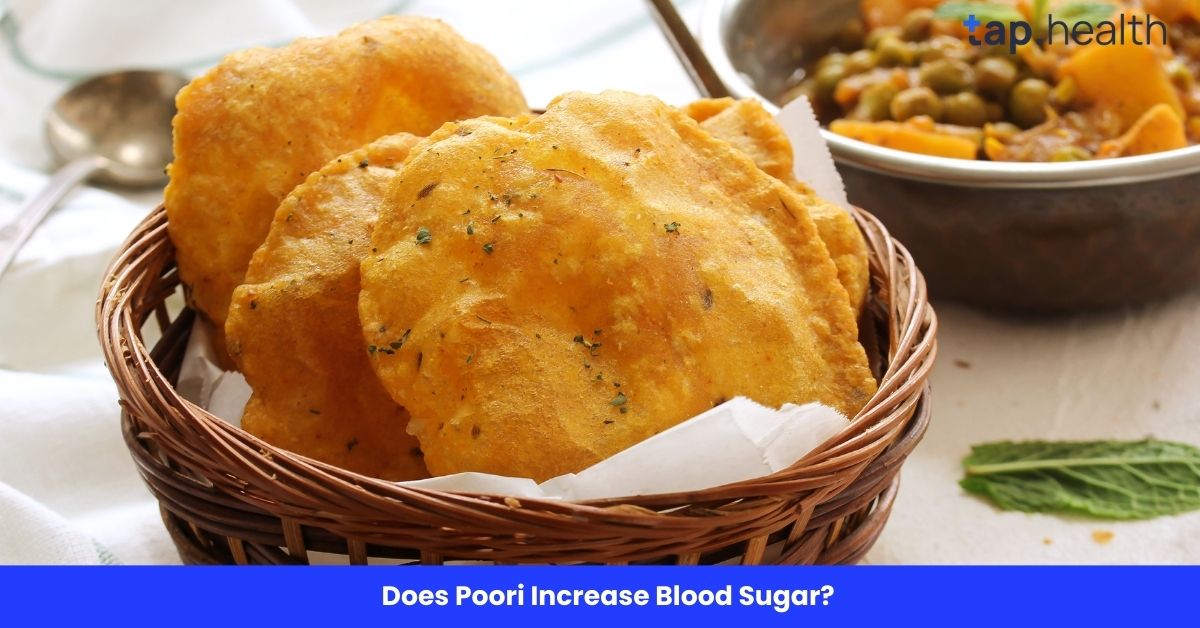Sucralose, commonly known by its brand name Splenda, is an artificial sweetener used to replace sugar in many food and beverage products. It is often marketed as a diabetic-friendly alternative to regular sugar because it provides sweetness without the calories or carbohydrates found in traditional sweeteners. However, for those managing diabetes, the question remains: Is sucralose truly good for diabetic patients? Let’s explore the potential benefits and risks of sucralose for people with diabetes.
How Sucralose Affects Blood Sugar Levels
1. Does Not Raise Blood Sugar
One of the primary reasons sucralose is considered a safe alternative for diabetics is that it does not raise blood sugar levels. Sucralose is a non-caloric sweetener, meaning it contains no calories or carbohydrates that could impact blood sugar. Unlike sugar, which causes blood glucose spikes, sucralose passes through the digestive system without being absorbed, so it has no direct effect on blood sugar levels.
2. High Sweetness with No Glycemic Impact
Sucralose is about 600 times sweeter than sugar, meaning that only a small amount is required to achieve the desired sweetness. Because it is so concentrated, it does not significantly affect glycemic control when used in moderation.
3. Approved by Health Authorities
Sucralose has been approved by various health authorities, including the FDA, as a safe sweetener for general use. It is recognized as safe for people with diabetes when consumed within the acceptable daily intake (ADI) levels. The ADI for sucralose is 5 milligrams per kilogram of body weight, which is far more than most people would typically consume.
Potential Benefits of Sucralose for Diabetic Patients
1. Helps in Weight Management
Many people with diabetes struggle with weight management, which is critical for controlling blood sugar and insulin sensitivity. Since sucralose contains no calories, it can be used as a sugar substitute in low-calorie and low-sugar foods, helping diabetic patients manage their weight. By choosing foods with sucralose instead of sugar, patients can reduce their overall calorie intake, which can help with weight loss and blood sugar control.
2. Dental Health
Unlike sugar, which can contribute to tooth decay and cavities, sucralose does not contribute to oral bacteria growth. Since oral health is an important consideration for diabetics (who are at higher risk for gum disease and infections), sucralose may be a better choice for those concerned about their dental health.
3. Improved Glycemic Control
Using sucralose instead of sugar may help improve glycemic control. Consuming sugar leads to blood glucose spikes, which can be difficult to manage. By replacing sugar with sucralose, diabetics can enjoy sweetness without the associated rise in blood sugar, making it easier to maintain a stable blood glucose level.
How to Use Sucralose in a Diabetes-Friendly Diet
1. Use Sucralose in Moderation
While sucralose is considered safe for diabetics, it’s important to use it in moderation. Excessive consumption of sweeteners, even those without calories, may lead to a craving for sweeter foods and overeating. Always aim to have a balanced, whole-foods-based diet, and use sucralose primarily as an occasional substitute for sugar.
2. Incorporate It in Low-Carb, Low-Sugar Recipes
Sucralose can be used in baked goods, beverages, and desserts as a replacement for sugar. It’s particularly useful in recipes for diabetics looking to reduce their carbohydrate intake, like sugar-free smoothies, low-carb cakes, or sugar-free lemonade.
3. Combine with Other Healthy Habits
While sucralose can be a helpful tool for managing blood sugar, it should be combined with other healthy habits, such as eating a balanced diet, exercising regularly, and monitoring blood glucose levels. It should not be seen as a standalone solution for managing diabetes, but rather as one part of an overall healthy lifestyle.
Risks and Considerations
1. Overconsumption of Artificial Sweeteners
While sucralose is safe in moderate amounts, some studies suggest that overconsumption of artificial sweeteners may alter the balance of the gut microbiome, which can potentially affect metabolic health. The long-term effects of consuming high quantities of artificial sweeteners, including sucralose, are still being studied.
2. Possible Effect on Insulin Sensitivity
There is some evidence to suggest that artificial sweeteners like sucralose may affect insulin sensitivity in certain individuals, particularly when consumed in large amounts. For those who are particularly sensitive to changes in insulin, it’s important to monitor how the use of sucralose affects your blood sugar and insulin levels.
3. Taste Preferences and Cravings
Relying too heavily on sweeteners like sucralose may increase cravings for sweet foods, which could make it more difficult to stick to a balanced, low-sugar diet. It’s important to use sucralose occasionally, rather than regularly, to avoid reinforcing sugar cravings.
Frequently Asked Questions (FAQ) on Is Sucralose Good for Diabetic Patients? A Comprehensive Guide
Q1: Is sucralose safe for diabetics?
A1: Yes, sucralose is safe for diabetics when consumed in moderation. It does not raise blood sugar levels and is recognized as a safe sweetener by health authorities like the FDA.
Q2: Can sucralose cause a spike in blood sugar levels?
A2: No, sucralose does not cause a spike in blood sugar levels since it has no calories or carbohydrates. It can be used as a sugar substitute without affecting blood glucose.
Q3: How much sucralose can a diabetic consume?
A3: The acceptable daily intake (ADI) of sucralose is 5 milligrams per kilogram of body weight. Most people would need to consume large amounts to approach this limit, so normal usage in food and beverages is well within safe levels.
Q4: Does sucralose affect insulin levels?
A4: Some studies suggest that consuming large amounts of artificial sweeteners like sucralose may affect insulin sensitivity in some individuals, but more research is needed. It’s important to consume sucralose in moderation.
Q5: Can I bake with sucralose?
A5: Yes, sucralose is heat-stable, so it can be used in baking and cooking. It is a popular choice for sugar-free or low-calorie baked goods and desserts.
Conclusion
Sucralose is a safe and effective sugar substitute for diabetic patients when used in moderation. It helps control blood sugar levels by providing sweetness without calories or carbohydrates. However, like any artificial sweetener, it’s important to use sucralose occasionally, as part of a balanced diet that focuses on whole foods, fiber, and healthy fats. Diabetic patients should also monitor their blood sugar and insulin levels regularly and consult with a healthcare provider to ensure that their diet is supporting their overall health and wellness.



